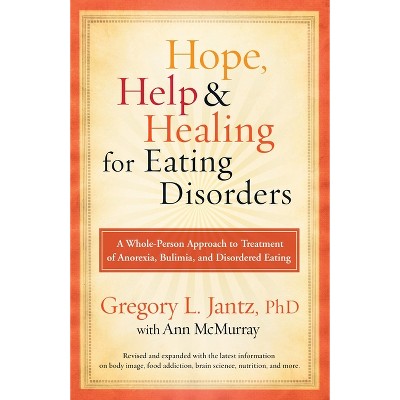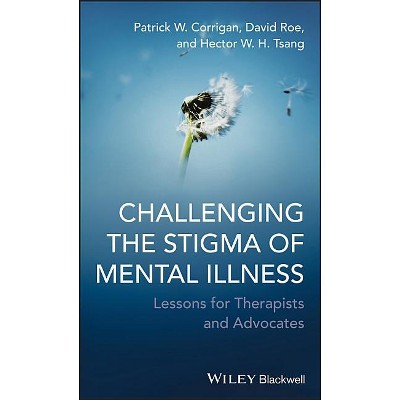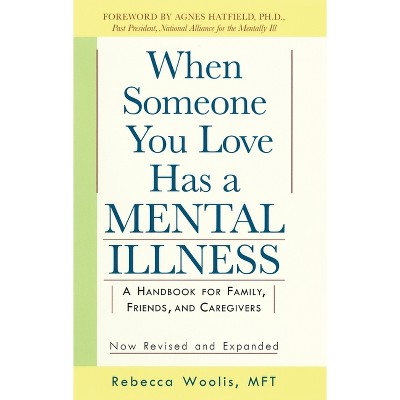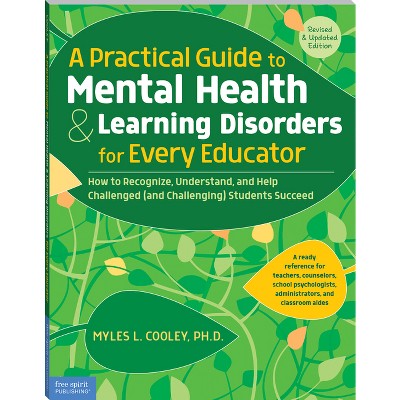Sponsored

The Construction of Eating Disorders - (Politics of Mental Health and Illness) by Alison Fixsen (Hardcover)
In Stock
Sponsored
About this item
Highlights
- This ground breaking book draws on original research to critically examine the construction of eating disorders and disordered eating, in an analysis that encompasses psychiatry, cultural representations, and the politics of eating disorders.
- About the Author: Alison Fixsen is a Senior Lecturer in Psychology in the School of Social Sciences, University of Westminster, UK.
- 319 Pages
- Psychology, Clinical Psychology
- Series Name: Politics of Mental Health and Illness
Description
Book Synopsis
This ground breaking book draws on original research to critically examine the construction of eating disorders and disordered eating, in an analysis that encompasses psychiatry, cultural representations, and the politics of eating disorders. Challenging the idea that disordered eating is an individual, marginal issue, the book explores how disordered eating, and the classification of eating disorders (EDs), reflect deep societal disruptions, regulatory practices, and sometimes violent attempts to manage non-conformity. It demonstrates the impact of biomedical, psychiatric, legal, pharmaceutical, technical and consumer groups, as well as that of the fast-food, fashion, media and social media industries. Novel areas explored include eating disorders and the justice system, eating disorders and food landscapes, "lifestyle" eating disorders, and the role of capitalism and colonialism in the emerging biopolitics of food and bodies. Centrally, it reveals how these forces shape the ways that eating disorders are perceived, spoken of, written about, and managed within institutions and wider society. The book will appeal to scholars and students of mental health, psychology, sociology, gender studies, criminology, food justice, and anyone interested in the future of our health.
From the Back Cover
This book draws on original research to critically examine the social and industrial construction of eating disorders and disordered eating, in an analysis that encompasses psychiatry and health, cultural representations, and the politics of eating disorders. Centrally, it examines the extent to which eating disorders are not 'made' by individuals, but rather constructed by groups who claim investment, experience, and expertise in the diagnosis, labeling, treatment, and management of disordered eating. It demonstrates the impacts of biomedical, psychiatric, legal, pharmaceutical, technical and consumer groups, as well as that of the fast-food, fashion, media and social media industries. In doing so, it reveals how they shape the ways that eating disorders are perceived, spoken of, written about, and managed within institutions and wider society. It will appeal to students and scholars of mental health, critical psychology, medical sociology and anthropology and gender studies, and others interested in our future health.
Alison Fixsen is a Senior Lecturer in Psychology in the School of Social Sciences, University of Westminster, UK. Alison has had decades of experience in the food, health, and higher education sector, including previous work managing a vegetarian wholefood business and as a complementary therapist before completing her Professional Doctorate in Higher Education Practice. Since 2012, Dr Fixsen has authored over 34 journal papers and book chapters on a wide range of issues relating to the critical mental health and gender studies, neoliberalism and self-care, eating disorders, prescription drug use and critical approaches to social prescribing.
About the Author
Alison Fixsen is a Senior Lecturer in Psychology in the School of Social Sciences, University of Westminster, UK. Alison has had decades of experience in the food, health, and higher education sector, including previous work managing a vegetarian wholefood business and as a complementary therapist before completing her Professional Doctorate in Higher Education Practice. Since 2012, Dr Fixsen has authored over 34 journal papers and book chapters on a wide range of issues relating to the critical mental health and gender studies, neoliberalism and self-care, eating disorders, prescription drug use and critical approaches to social prescribing.
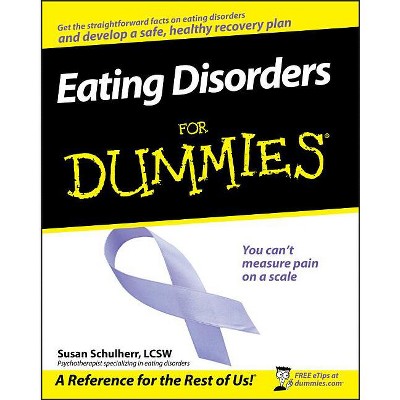
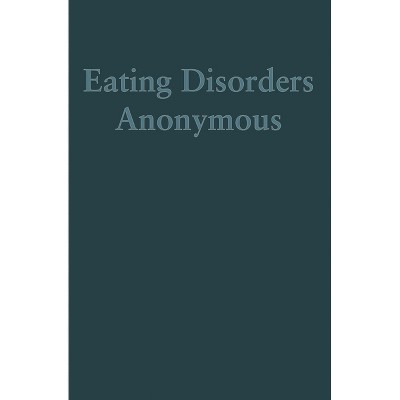
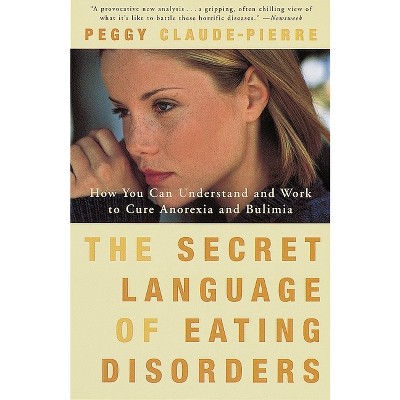
![Surviving an Eating Disorder [Fourth Revised Edition] - by Michele Siegel & Judith Brisman & Margot Weinshel (Paperback)](https://target.scene7.com/is/image/Target/GUEST_85394ff7-ee9e-4db2-9997-f4ec91bb8ef5)
